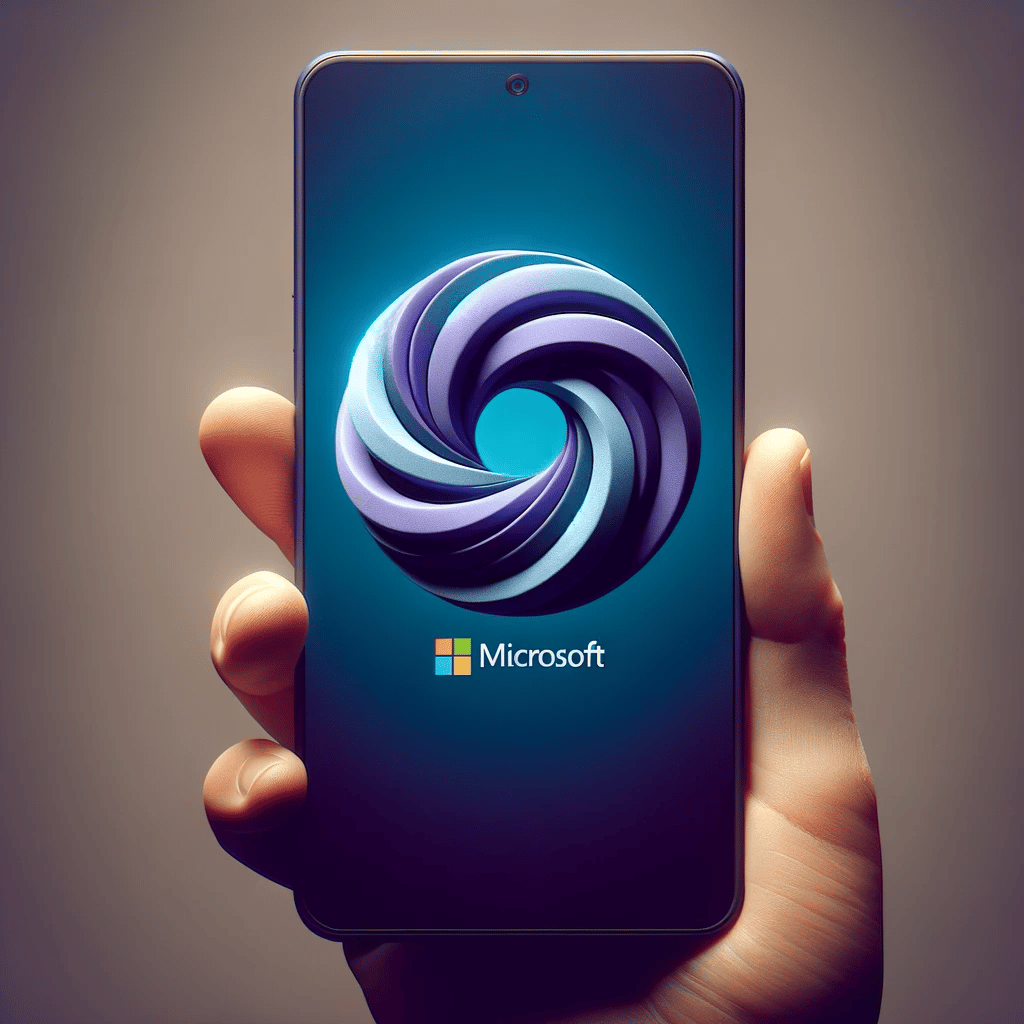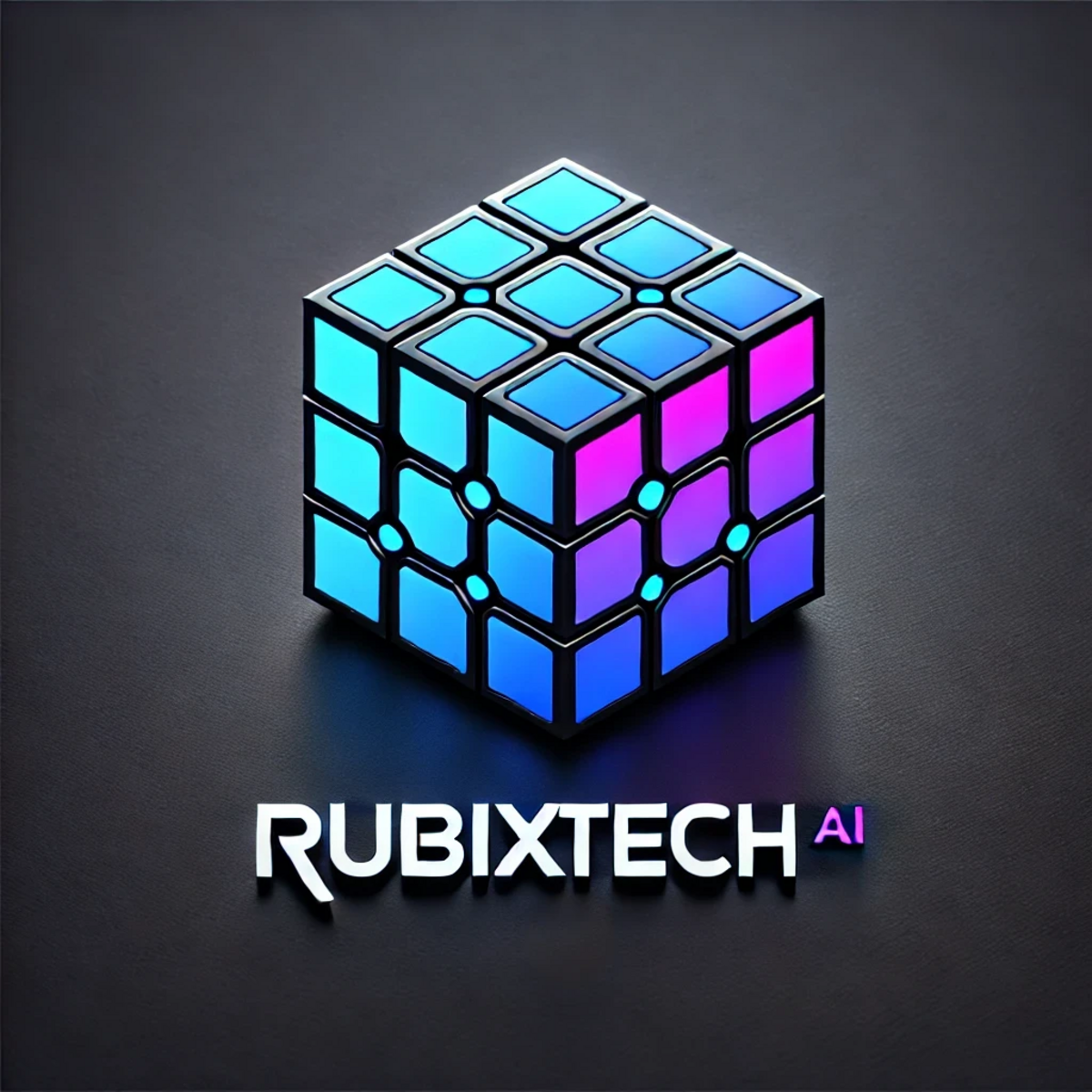Today’s Contents
🎦YouTube's New Policy on AI
🔬Microsoft’s New AI Chips
📱Microsoft Unveils AI Copilot
🎨AI Art challenges copyright laws
🪙AI Influence on Crypto Forecasting
YouTube's New Policy on AI-Generated Content: Disclosure and Labels

YouTube is implementing new guidelines for content produced or altered using artificial intelligence (AI). Creators will be required to disclose whether their material has been AI-generated, which will result in a label being added to the video warning viewers. This is especially crucial for sensitive subjects like elections, ongoing conflicts, and public health crises, as well as public figures. Repeated violations of these new rules may result in the removal of the content from YouTube. (Article)
Microsoft Challenges Nvidia's AI Chip Dominance with New Custom Design

At its Ignite conference in Seattle, Microsoft took the wraps off two new chips that could revolutionize the way we use artificial intelligence and cloud computing. The Maia 100 and Cobalt 100 chips, designed for specific tasks, are set to challenge industry giants like Nvidia and Intel.
Both chips will be available on Microsoft's Azure cloud platform, providing customers with a wider range of options for their cloud infrastructure needs. This move signals Microsoft's commitment to providing cutting-edge technology that empowers businesses and individuals alike.
With the introduction of these two game-changing chips, Microsoft is asserting its position as a leader in AI and cloud computing. The Maia 100 and Cobalt 100 are poised to shape the future of these technologies, paving the way for new innovations and breakthroughs. (Article)
Microsoft Unleashes Copilot Web App, Bringing AI Assistance to Any Platform

Microsoft has introduced a web app called Copilot, which is accessible on Edge and Chromium browsers for both Windows and Mac users. The Copilot website serves as a dedicated interface allowing users to search the web, write letters, and perform various tasks. Previously, Copilot was only available within Microsoft's apps, but now it can be accessed from any platform. The website requires users to log in with their Microsoft account before utilizing its features. It includes suggested prompts to showcase Copilot's capabilities such as making jokes, writing essays, summarizing web pages, and organizing tables. Microsoft is expanding Copilot's reach by integrating it into various Microsoft apps, including Word, Outlook, Teams, Azure, and even rebranding Bing Chat as "Copilot in Bing." The launch of the Copilot web app offers users the opportunity to experience the AI assistant without the need for app downloads, and support for mobile browsers is expected in the future. (Article)
AI-Generated Art Challenges Copyright Laws

The advent of generative AI programs like Midjourney and Stable Diffusion has sparked a debate about copyright and the rights of artists. In 2022, James Allen's copyright application for an AI-generated image was rejected by the US Copyright Office, highlighting the challenges of applying traditional copyright law to AI-created works.
At the heart of the issue lies the question of whether AI programs can be considered authors, and whether the works they produce are eligible for copyright protection. The US Copyright Office currently holds that computer programs cannot create copyright-protected art, a stance that frustrates many who see AI tools as extensions of artistic expression.
The rapid development of AI technology is raising new copyright questions, and the legal landscape is evolving to address these challenges. The outcome of these discussions will have significant implications for artists, creators, and the future of AI-generated art. (Article)
Key Takeaways:
AI-generated art is challenging traditional copyright frameworks.
The US Copyright Office does not currently recognize AI as an author.
The legal landscape is evolving to address the copyright implications of AI.
Call to Action:
Stay informed about the evolving copyright landscape for AI-generated art.
Engage in discussions about the future of copyright and AI.
Support artists and creators who are using AI to create new forms of art.
AI's Influence on Crypto Forecasting Highlights XRP's Volatile Nature

In the midst of this AI-driven revolution, XRP, a prominent cryptocurrency, has found itself under the spotlight due to its recent volatility. XRP's price movements have been erratic, leaving many investors puzzled and unsure of its future trajectory. However, AI algorithms are shedding light on the factors contributing to XRP's volatility, providing much-needed clarity for those navigating this uncertain landscape.
AI analysis reveals that XRP's volatility is largely driven by a combination of market sentiment and regulatory uncertainty. The cryptocurrency's value is heavily influenced by investor sentiment, which can swing wildly based on news, rumors, and general market trends. Additionally, regulatory scrutiny surrounding XRP has further fueled its volatility, as investors grapple with the potential impact of government actions.
Despite these challenges, AI remains optimistic about XRP's long-term prospects. AI algorithms predict that XRP's volatility will gradually subside as market sentiment stabilizes and regulatory uncertainties fade. Moreover, AI highlights XRP's underlying strengths, such as its fast transaction speeds and low fees, which position it favorably for adoption in real-world applications. (Article)

TestCraft: TestCraft is an AI-powered test automation platform that helps businesses automate regression and continuous testing. It uses AI to analyze application changes and adapt test scripts accordingly, reducing the maintenance overhead associated with traditional test automation.
Applitools: Applitools is an AI-powered visual testing platform that helps businesses ensure the visual consistency of their applications across different browsers, devices, and environments. It uses AI to identify visual regressions and provide detailed insights into any inconsistencies.
Functionize: Functionize is an AI-powered testing platform that helps businesses automate the testing of complex applications and APIs. It uses AI to generate test cases, identify test scenarios, and prioritize test execution, reducing the time and effort required for manual testing.
Mabl: Mabl is a low-code automation platform that enables businesses to automate testing and workflows across web, mobile, and API applications. It offers a user-friendly interface, pre-built automation templates, and the ability to run tests in parallel, making it suitable for a wide range of automation needs.
AccelQ: AccelQ is an AI-powered test automation platform that helps businesses automate the testing of enterprise applications. It uses AI to analyze application changes, identify test scenarios, and prioritize test execution, ensuring that testing remains aligned with the evolving application landscape.

